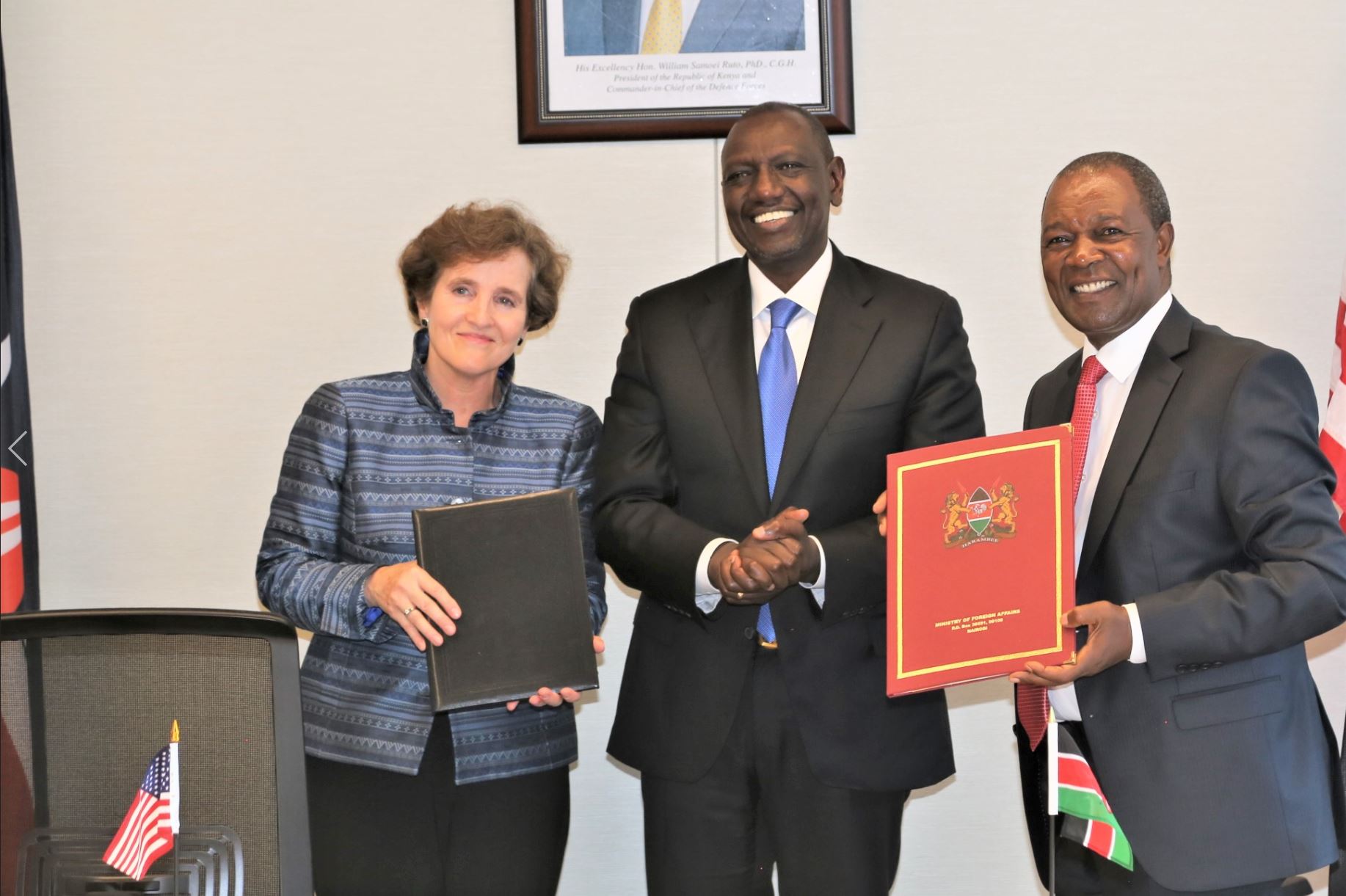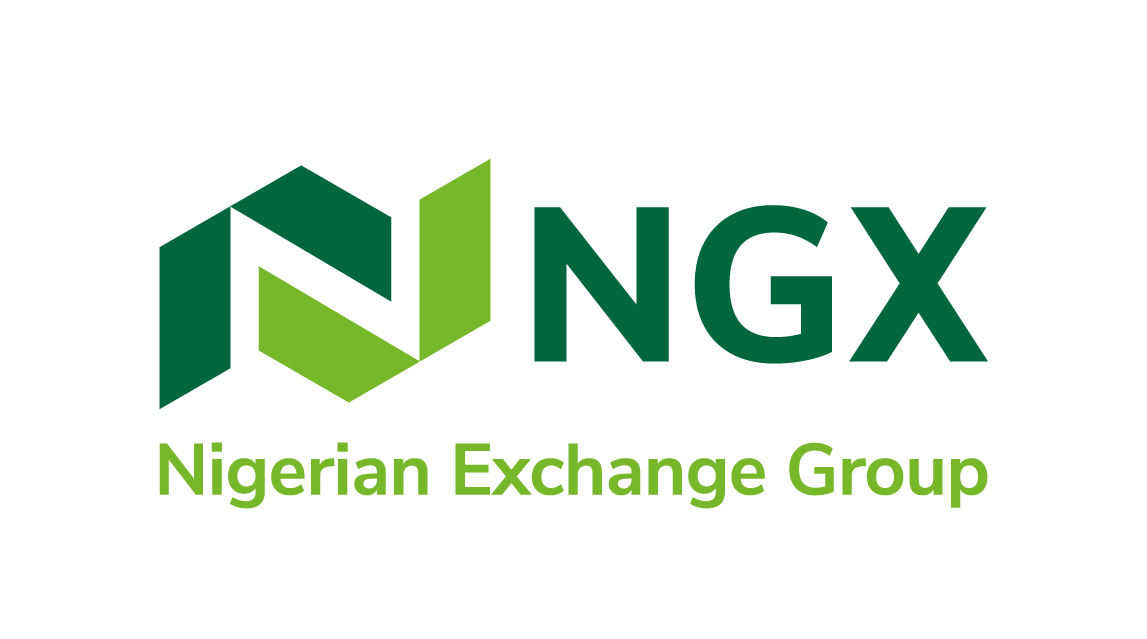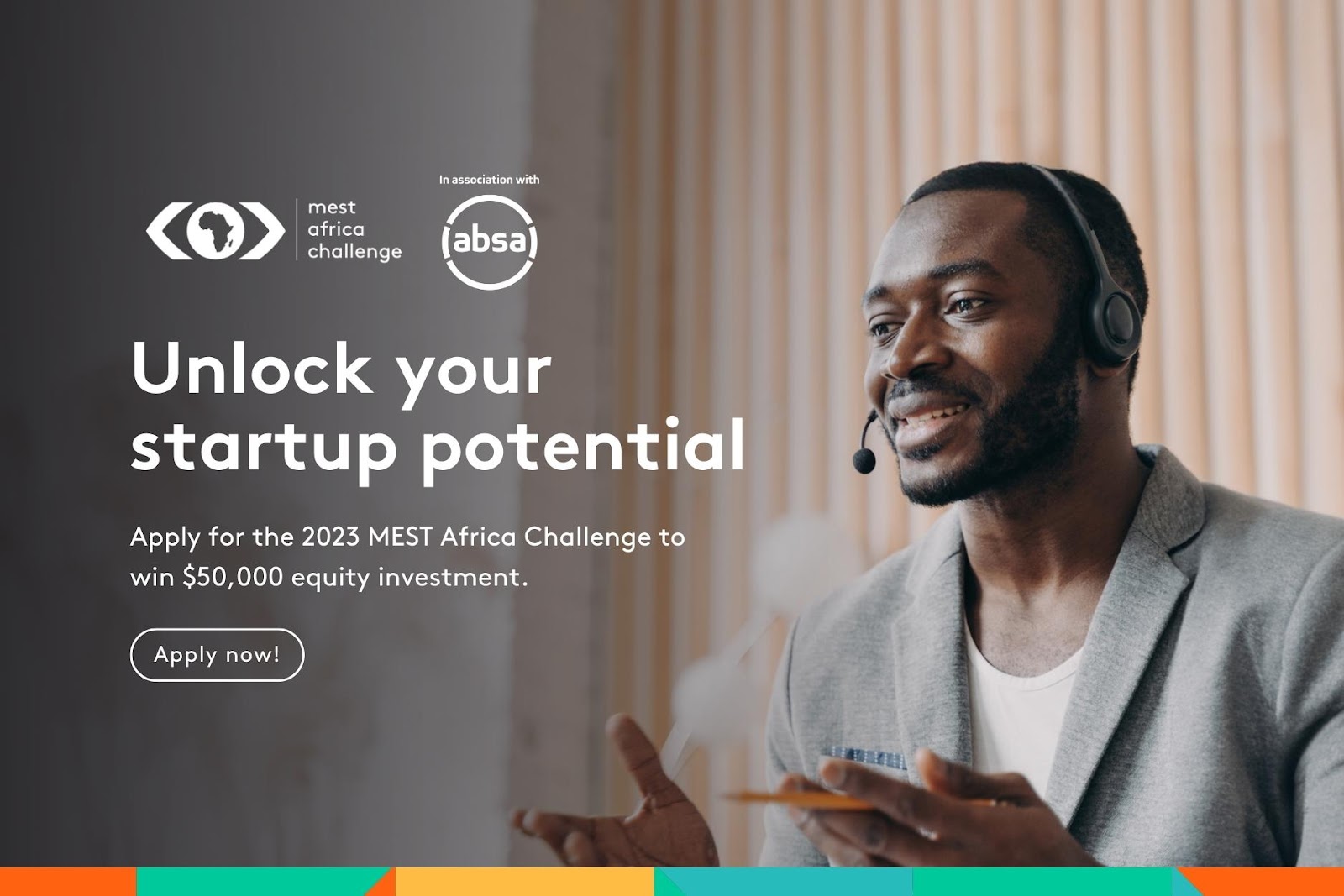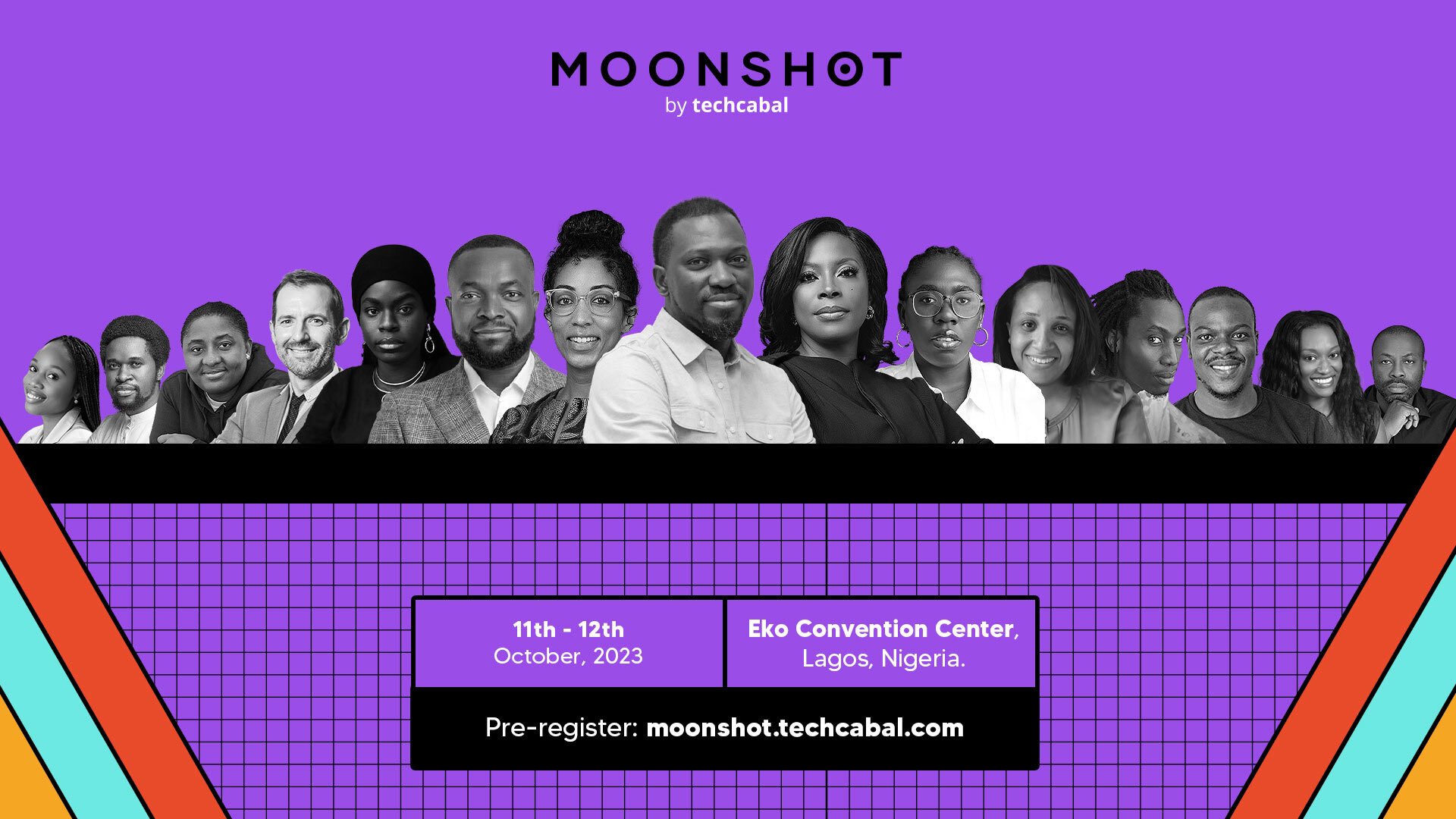- 👨🏿🚀TC Daily
- Posts
- More green backs for Kenya
More green backs for Kenya
Kenya signs $60 million deal with the US


Starlink’s African challenge
East Africa's private equity market has experienced significant growth in recent years.
How so? Per the East Africa Venture Capital Association (EAVCA), a total of 478 deals worth $8.6 billion closed over the past decade. The region also recorded a jump in exit activity in FY 2022, marking the highest numbers in a decade. Furthermore, there have been 51 private equity exits out of 427 investments in the region. The financial services sector recorded 14 exits, while the healthcare and energy sectors had nine and seven exits, respectively. Among the countries, Kenya led with 36 exits, followed by Uganda with eight, and Rwanda with three. Tanzania and Ethiopia reported two and one exit, respectively.
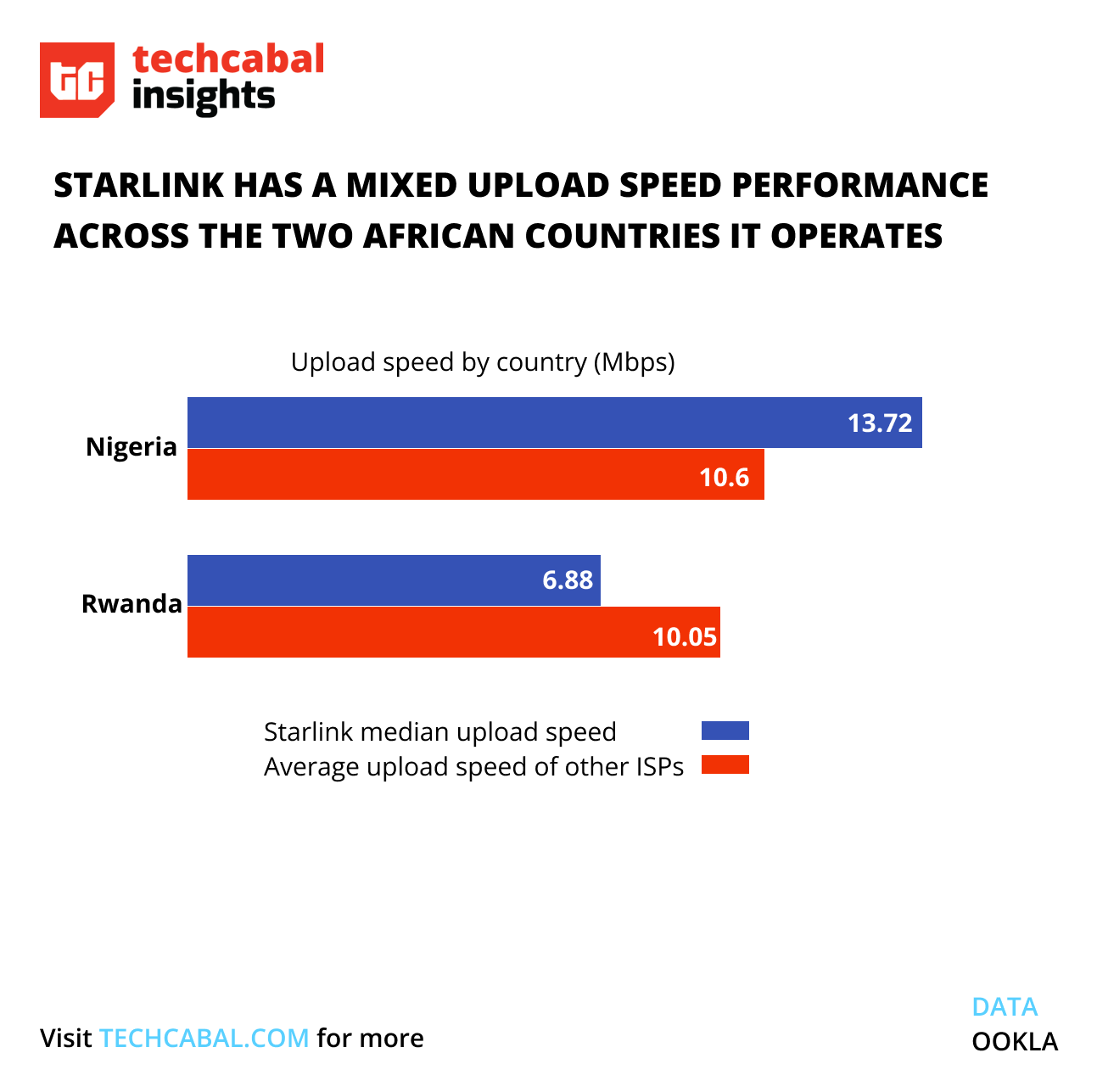
However, these figures may not capture all exits, as some are not officially reported or disclosed. The data also doesn't account for investments exited via forced liquidation. Looking ahead, it's expected that 2023 will have even more exits, and these are important for fund managers who want more money from organisations that support development (development finance institutions).
Zoom out: Private equity investors mainly exit through three avenues: selling to trade players, secondary buyouts, and management buyouts (MBOs). The surge in exits is a promising sign for the coming five years as investments made in the past seven years reach maturity, and fund cycles conclude.
In January 2023, Starlink, the satellite internet service owned by Elon Musk's SpaceX, commenced operations in Nigeria, marking a significant milestone as the first African country to receive the service. Since then, it has expanded its reach to four additional African nations, including Rwanda, Mozambique, Mauritius, and Sierra Leone, with plans to launch in nineteen more African countries by 2024.
Mobile internet penetration in Africa remains at 43%, below the global average of 66%. Starlink’s emergence in Africa heralded promises of broader connectivity with download speeds up to 220Mbps. However, real-world performance is subject to variables such as latency and weather conditions.
Recent Q2 data from Ookla, an internet and connectivity intelligence firm, paints a nuanced picture of Starlink's global performance. Starlink has demonstrated promising download speeds in Africa, but its upload speeds present a mixed scenario. Starlink's median upload speed of 13.72Mbps in Nigeria surpasses the combined average of 10.6Mbps from other providers, enhancing its value proposition. Conversely, in Rwanda, Starlink's upload speed lags behind other ISPs, averaging just 6.88Mbps compared to 10.05Mbps. Ookla observes that Starlink's upload speeds generally align with the company's expectations, falling within the 5 to 20 Mbps range. This area remains a focal point for improvement if Starlink aims to solidify its presence in Africa.
Whether Starlink is poised to become the preferred internet provider for Africans seems unlikely in the near term. Ookla noted, "Satellite-based services can play a crucial role in bridging the digital divide by extending internet reach beyond existing fixed networks, especially in areas where fiber deployed isn’t commercially viable, offering competitive speeds.
“However, its high equipment cost might limit Starlink's customer adoption in the near future. Instead, the operator can address enterprise customers as the satellite already serves a range of enterprise verticals, such as banking, logistics, and transport.”
As Starlink continues its expansion across Africa, its performance metrics indicate both promise and challenges. Its ability to address issues like upload speeds and cost-effectiveness will be crucial in determining its long-term impact on internet accessibility in Africa.
Get all our reports here and watch videos from our events. Got any research requests? Send them to us here.
US-West Africa Tech Challenge
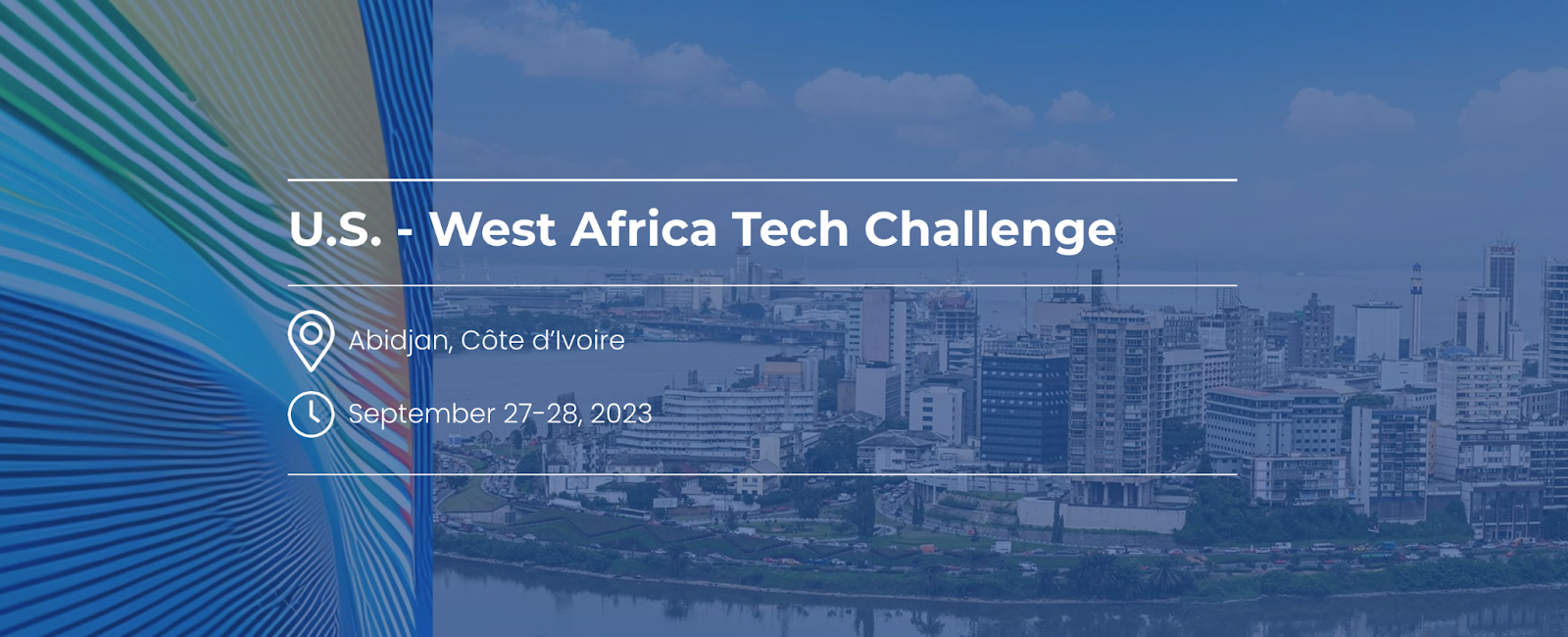
Working at the intersection of tech and challenges of disinformation? Tune in to the U.S.-West Africa Tech Challenge this Thursday, September 28. The event will also announce up to three organizations that will receive funding totaling $250,000 USD to help advance their work addressing disinformation and extremism. Find more information and register here!
The World Wide Web3
Source:

Coin Name | Current Value | Day | Month |
|---|---|---|---|
| $26,466 | - 0.38% | + 1.45% | |
| $1,586 | - 0.29% | - 3.95% | |
$209 | - 0.41% | - 3.62% | |
| $0.2447 | - 0.44% | - 7.78% |
* Data as of 12:16 AM WAT, September 25, 2023.
The Moonshot Conference
Tickets are still selling out fast for the gathering of the most audacious players in Africa's tech ecosystem.
You and your friends can get an exclusive discount to secure your seats if you haven’t yet.
- Datafin Recruitment - Digital Marketing Manager- Cape Town, South Africa (On-site)
- Wasoko - Senior Product Manager - Nairobi, Kenya (unspecified)
- uLesson - Digital Marketing Manager - Abuja, Nigeriqa (Unspecified)
- Consensys- Technical Writer - South Africa (Remote)
- Tushop - Senior Backend Engineer - Nairobi, Kenya (On-site)
- SUMMIT Africa Recruitment -Product Manager - Cape Town, South Africa (Hybrid)
What else we are reading
Written by -



